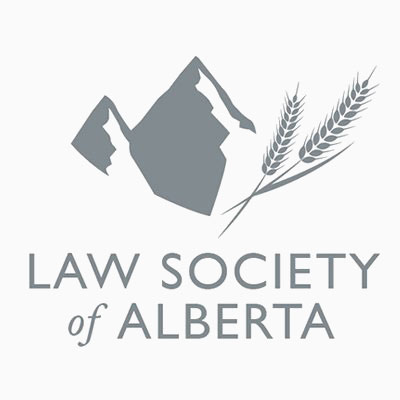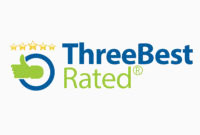Restrictive Covenants Lawyers in Vancouver

Experienced legal team advises you on commercial and residential real estate
Municipal authorities often use restrictive covenants to limit use of specific areas of land to ensure that new development projects meet requirements. In some cases, homeowners may also use restrictive covenants to protect the view corridor of neighboring buildings or properties.
At Castle Law LLP, we frequently assist government entities as well as individual homeowners, in establishing sound restrictive covenants.
Does a restrictive covenant run with the land?
If you are looking to purchase property in B.C., make sure you perform a title search to find out if there is a restrictive covenant limiting land use. Since restrictive covenants run with the land, you must honour the building restrictions of any existing covenant.
What is an example of a restrictive covenant?
In many cases, restrictive covenants are used to protect privacy. For example, many property owners seek covenants to restrict tree height and structure size to preserve the views of neighboring buildings.
At one point, land developers also used restrictive covenants to maintain consistency with construction. This ensured uniformity across siding, roof type, colour or fencing material.
What if I don’t comply with the restrictive covenant?
Restrictive covenants are enforceable. This means that if you do not comply with a restrictive covenant for your property, other community members have the right to seek legal help from the court. Other neighbors, or the individual who created the restrictive covenant, may be responsible for the enforcement. Should the enforcement be successful, the non-complying structure may be removed via court order.
How can I figure out if a property has a restrictive covenant?
A quick title search on a prospective property can provide a plethora of valuable information, including if the property contains a restrictive covenant. When you make an offer on a property, your real estate agent should request a title search.
If you’re selling your home, you can obtain a title search from your Local Land Title Office, your realtor, or your real estate attorney.
Buying or selling a home with a restrictive covenant
Restrictive covenants only pose an issue when they interfere with how you intend to use the property or if you plan on building on the land.
If you don’t plan on building a new addition, pool, or other structure, a restrictive covenant can be beneficial, especially if it’s ensuring conformity amongst all houses in the community.
No matter if you are buying or selling a home, it is important that all parties understand the presence and restrictions of any existing covenant.
Restrictive covenants can limit activities on a property or restrict the size, nature, and location of new buildings on the property. Restrictive covenants can be very straightforward. For example, a restrictive covenant may be used to preserve the view of houses in a waterfront community by limiting building height. However, restrictive covenants can also be extremely complicated and set limits and regulations on the construction of an entire development project.
In the event that all parties agree that a covenant is no longer needed, the process of amending or eliminating it is quite simple. If you are looking to amend or get rid of a restrictive covenant without the other party’s consent, you can apply to the courts to have the covenant removed from the title of your property. Section 35 of the Property Law Act allows the court to change or cancel different types of charges against land restrictive covenants.
A restrictive covenant may be removed from the title of a property by the court for a number of reasons, including:
- Because of changes in the character of the land, the neighbourhood or other circumstances the court considers material, the registered charge or interest is obsolete,
- The reasonable use of the land will be impeded, without practical benefit to others, if the registered charge or interest is not modified or cancelled,
- The persons who are or have been entitled to the benefit of the registered charge or interest have expressly or impliedly agreed to it being modified or cancelled,
- Modification or cancellation will not injure the person entitled to the benefit of the registered charge or interest, or
- The registered instrument is invalid, unenforceable or has expired, and its registration should be cancelled.
For more information about restrictive covenants in regard to residential or commercial real estate in Canada, be sure to consult with an experienced attorney.
Contact Castle Law LLP, for skilled assistance with restrictive covenants in B.C.
Castle Law LLP, focuses on helping you resolve any legal issue that may affect your ability to buy, lease, rent, sell or mortgage real estate in Vancouver. If you are looking to buy or sell property here in B.C., our lawyers can conduct a title search to determine if the land is affected by a restrictive covenant.
We can then advise you on your options moving forward and how best to proceed. To discuss your case with a knowledgeable restrictive covenant lawyer in Vancouver, call or contact us online today.

